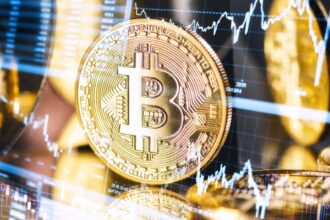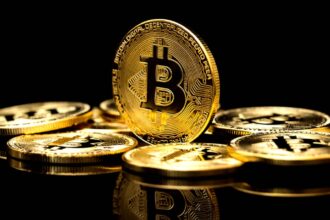The U.S. arm of the Industrial & Commercial Bank of China was hit by a ransomware attack, reportedly causing disruptions to the U.S. Treasury market.
ICBC
1398,
the world’s largest bank by assets, announced Thursday that U.S.-based ICBC Financial Services “experienced a ransomware attack that resulted in disruption” to certain internal systems on Wednesday. The bank said the impacted systems were immediately disconnected and isolated, and law enforcement was notified.
“We successfully cleared US Treasury trades executed Wednesday (11/08) and Repo financing trades done on Thursday (11/09),” ICBC said.
Bloomberg News reported that some U.S. Treasury transactions failed to clear because of the disruption, and traders had been asked to reroute their deals. Reuters also reported disruptions in the Treasury market. Sources told the FT that the incident had some affect on liquidity, but that the overall Treasury market was not impaired.
The Securities Industry and Financial Markets Association alerted its members of the cyberattack on Wednesday, the Financial Times reported. A Treasury Department spokesperson told the FT it was aware of the incident and is monitoring the situation.
Also see: 30-year Treasury yield ends shy of biggest one-day jump since June 2022 after poor auction
The cybercrime gang Lockbit is suspected in the attack, according to Bloomberg and Reuters. The same gang is suspected of cyberattacks against Boeing Co.
BA,
earlier this week, ION Markets earlier this year, which disrupted some derivatives trading, and global consulting giant Accenture
ACN,
in 2021.
ICBC said its head office was not affected, nor were other domestic and overseas branches, including its New York branch.
Ransomware attacks, in which hackers gain control of an organization’s systems and hold it hostage for payment, have surged in recent years, targeting everything from school districts to casinos to the U.S. Marshal’s Service.
Read more: A stranger in your hotel room? Kitty-litter shortages? Online attacks are causing real-world effects.
Read the full article here










